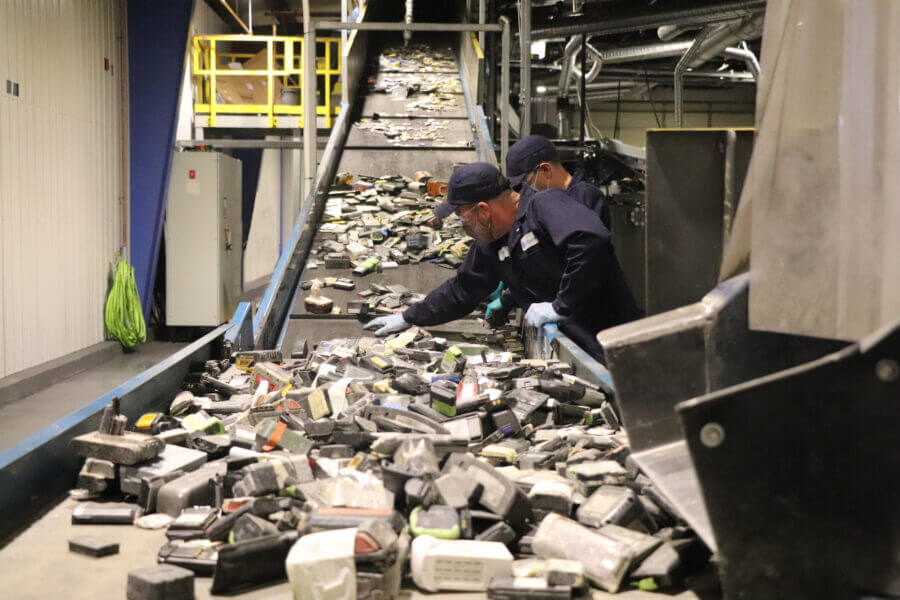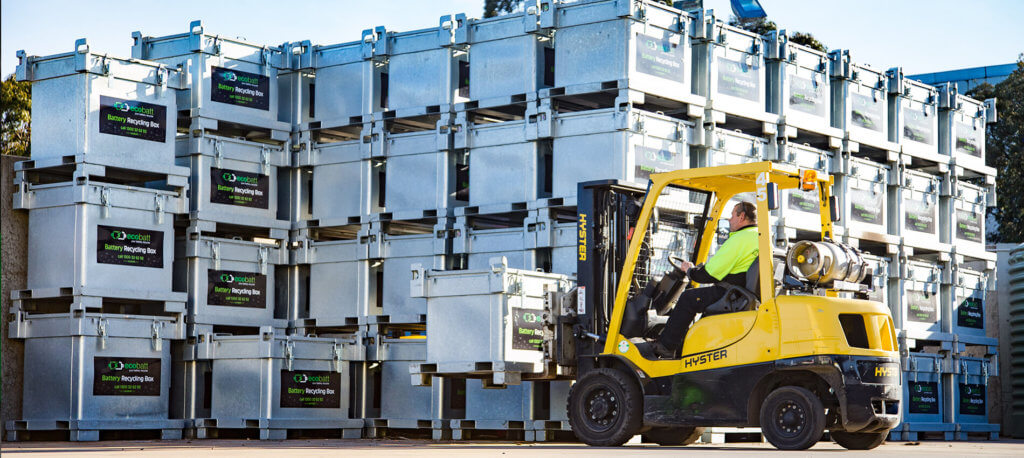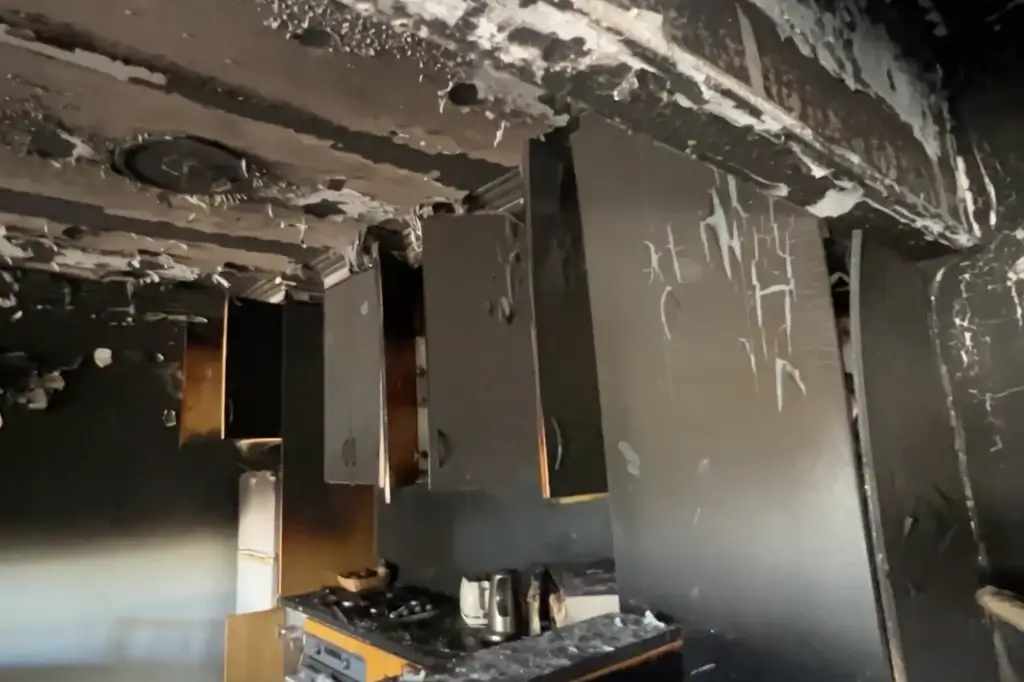As the demand for lithium-ion batteries grows managing their end-of-life recycling is an increasingly important issue for manufacturers, and suppliers. Particularly, sectors such as electric vehicles, stationary energy storage, and consumer electronics who are all experiencing dramatic growth. Recyclers are turning their attention to extracting valuable metals with the prospects of re-using those materials in new battery manufacturing. Undoubtedly this will help minimise supply chain risk at a time when there is heavy demand for cobalt, nickel, copper, graphite, and lithium. Furthermore, recycling will also insulate manufacturers from fluctuating raw material prices.
We are already seeing legislative mechanisms being considered. Indeed the EU is planning to enforce new specific collection rate targets for light means of transport (LMT) and portable batteries. The EU has not incentivised the collection of consumer batteries. In addition, with battery recycling underachieving, the commission plans to assess the feasibility of deposit schemes for portable batteries by the end of 2023. In the proposed regulation specific material recovery targets are also being considered.
Legislation was also updated in India in 2022. Importantly, the new Battery Waste Management Rules replaced the 2001 Batteries Management and Handling Rules. It should be noted the new legislation centres on the new ‘Extended Producer Responsibility’ Mandate. Under this legislation battery producers are responsible for the collection and recycling/refurbishment of retired batteries.
US Policy
In the US there are no strict policies regarding Lithium-ion battery recycling. Through the Inflation Reduction Act (IRA) there is the potential for an Advanced Manufacturing Production credit. Undoubtedly this credit will give US EV battery manufacturers the incentive to source more battery materials domestically.
At this time China is already supporting its local recyclers. With the addition of the EU, India, and US incentives higher demand for local recycled material will be realised. Currently, Japan, South Korea and Australia do not have strict policies regarding Lithium-ion battery recycling. Recycling growth in these regions will be driven by market factors with manufacturers looking to reduce dependence on raw material supply, and the fluctuations in prices caused by supply risks.
Ecobatt have been investigating how best to increase their lithium-ion battery recycling in their operations to support manufacturers and to reduce their dependence on imports of critical materials. Currently the company is involved in high level discussions with one of the world’s foremost authorities on lithium-ion extraction on the construction of a new plant to process some 30,000 tonnes per annum.





